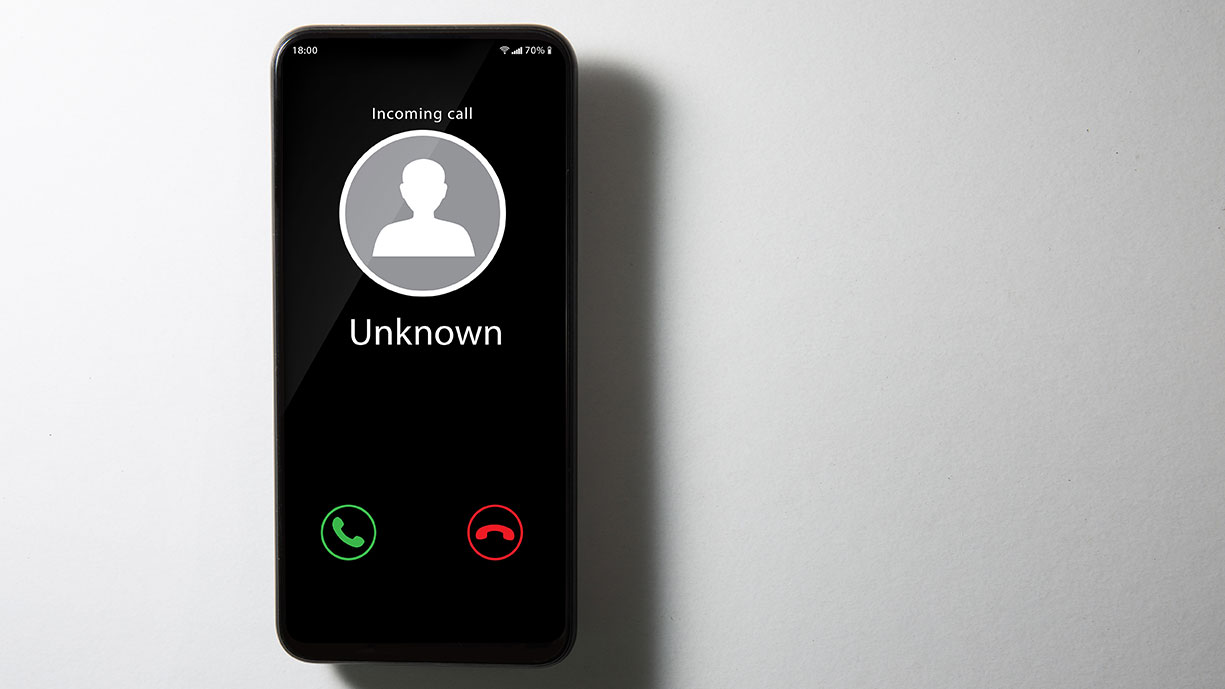
Many Americans invest in legitimate, long-term opportunities from 401Ks or IRAs (individual retirement accounts) to stocks and real estate. Keeping those investments secure is important now more than ever with the rise of scammers and fraudulent activities.
You or someone you know may have received a text or chat message in recent months about an attractive-looking investment opportunity. The message may appear to have been sent by mistake, but it’s all too real. In fact, it may be a cryptocurrency investment scam, AKA a pig-butchering scam. The name is harsh, as is the crime.
Let’s look at these prevalent scams and how you can avoid falling victim.
What is a cryptocurrency investment scam?
“Pig butchering” refers to the practice of fattening up a hog before slaughter. In this scam, a fraudster creates a fake online persona, usually accompanied by an attractive photo and a luxurious lifestyle that is displayed in more photos to support their story.
They’ll initiate contact with a potential victim on dating or other social media platforms, pretending to have reached out by mistake. They’ll take an interest in the individual’s life, family, work and more. To make themselves sound more believable, the scammer will make up details about their own life. They’ll use this to create a real rapport with the individual until they’re actual friends, albeit with only a remote connection.
Once they’ve gained trust, the scammer will start dropping hints about a fabulous investment opportunity. They’ll brag about their own success with this investment, sometimes even sharing screenshots of an alleged brokerage account with handsome earnings. They’ll try persuading the victim to invest in this “opportunity” as well, building on their growing relationship, until the victim agrees to join in the opportunity.
If the victim agrees to go along with the investment, the scammer will offer to help them with the investing process. They may explain exactly how to wire money to a crypto wallet and then to a bogus brokerage or convincing website for the victim to begin investing. Sometimes, they’ll recommend the victim start with a modest investment, which will soon show a (fabricated) gain. They may even allow the victim to withdraw some funds, which will convince the victim that the investment is genuine.
Here’s when the fraud gets ugly. Once trust has been established, and the victim has been tricked, the scammer will persuade the victim to invest heavily. The victim, who thinks it’s a legitimate opportunity that will only show gains, is more than happy to do so.
The victim may even pursue mortgaging their house, liquidating their retirement savings, or opening other loans to get in on the investment. The scammer will continue to put pressure on the victim, watching gleefully as they pour more of their hard-earned savings into the alleged investment.
When the victim has sunk a significant amount of money into the bogus investment account, the scammer will suddenly disappear, leaving the victim with a useless “investment” and no way to recover their funds.
Red flags
Watch out for these red flags to alert you of a cryptocurrency investment scam:
- An online interaction that happens by “mistake” morphs into a real relationship, often a romantic one.
- You’ve never met them in person.
- You’re offered the opportunity to get in on an investment that seems too good to be true.
- You’re urged to act quickly to take advantage of an investment opportunity.
- You’re asked to invest via crypto wallet or an investment website or app.
- You’re instructed to deposit the cash investment into a crypto ATM.
- You’re encouraged to pull funds from your 401K and take out loans or a mortgage.
- Your online “friend” offers to make the investment for you if you to send the money to them and then they will send it back to you.
- The investment opportunity has inconsistent or vague details.
- You find it difficult or impossible to cash in on your larger “investments.”
Stay safe
Follow these tips to stay safe:
- Thoroughly research every investment opportunity before dropping any of your funds into it.
- Only use a registered and secure investment platform or app after you verify it.
- Verify the website is secure before using or inputting personal information. Learn how.
- Stay away from investments that guarantee quick, high returns and press you to act quickly.
- Be wary of any strangers who’ve contacted you “by mistake” and insist on pursuing the relationship.
- Never share your sensitive information with or send money to someone you met online and have never met in person.
- Confide in a trusted friend or family member for support and to get an outside perspective on the investment opportunity.
The FBI is taking additional steps to stop cryptocurrency scams through Operation Level Up. The FBI will email victims if they detect transactions passing through a bogus investment website or if they receive a scam report. The FBI will urge victims to stop sending money immediately.
If you believe you’ve been targeted by a cryptocurrency scam
- Do not engage with the scammer and block their number, email, and any other contact information.
- Submit a report to the FBI.
- Let your friends and family know this scam is happening to keep others safe.
- Finally, alert the FTC, your local law enforcement agencies, and contact your financial institution to secure your accounts and review transactions.
You are always welcome to connect with an MSGCU team member via chat and video, at any branch office, or via phone at (866) 674-2848 or (586) 263-8800.
Category: Security
« Return to "Blog"





































